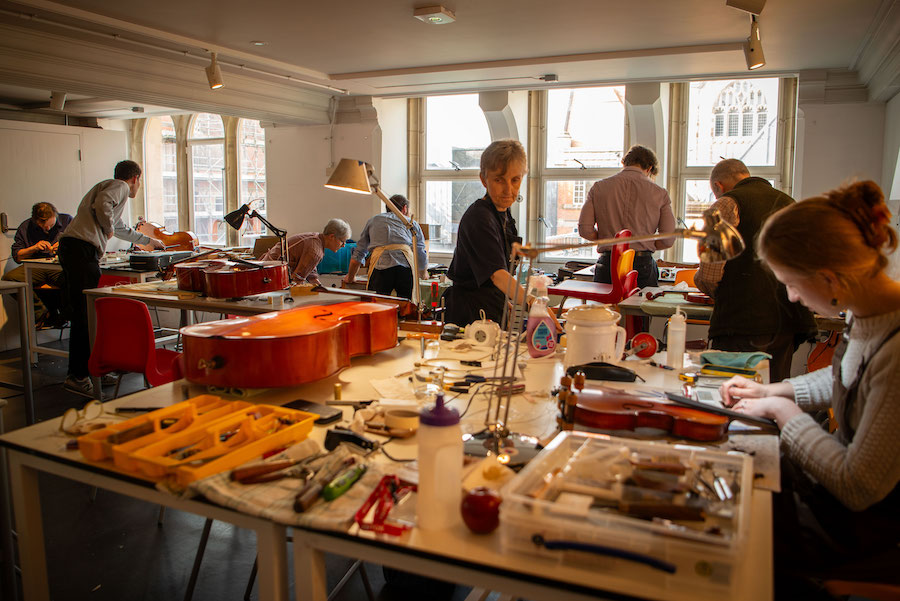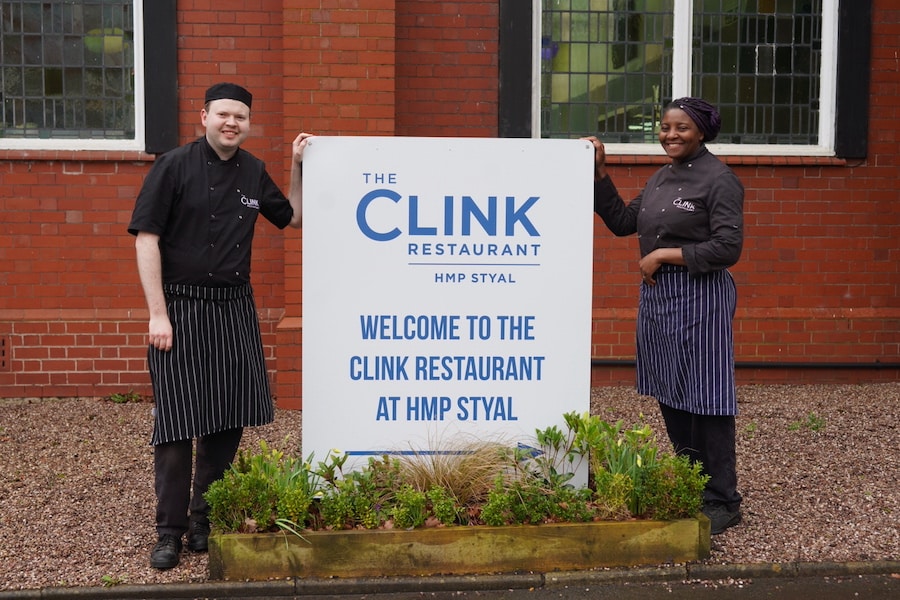Remembering the legend of Frank Pearson, Foo Foo Lammar and Foo Foos Palace
- Written by Thom Bamford
- Last updated 11 months ago
- Cornerstone, History, People
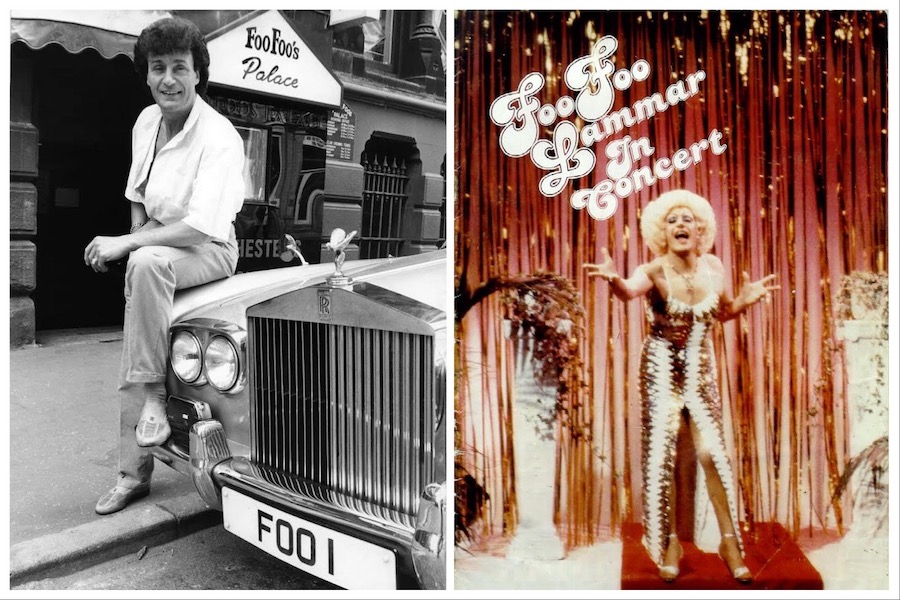
Foo Foo’s Palace was the legendary club of the 70s, proudly billed as “Manchester’s No.1 night spot” in its heyday.
Opened in 1975 by the iconic drag artist Frank ‘Foo Foo Lammar’ Pearson, it quickly became the heartbeat of Manchester’s nightlife.
Pearson’s flair and charisma made Foo Foo’s Palace an unforgettable venue, attracting crowds from all walks of life to experience its vibrant and electrifying atmosphere.
Frank Pearson
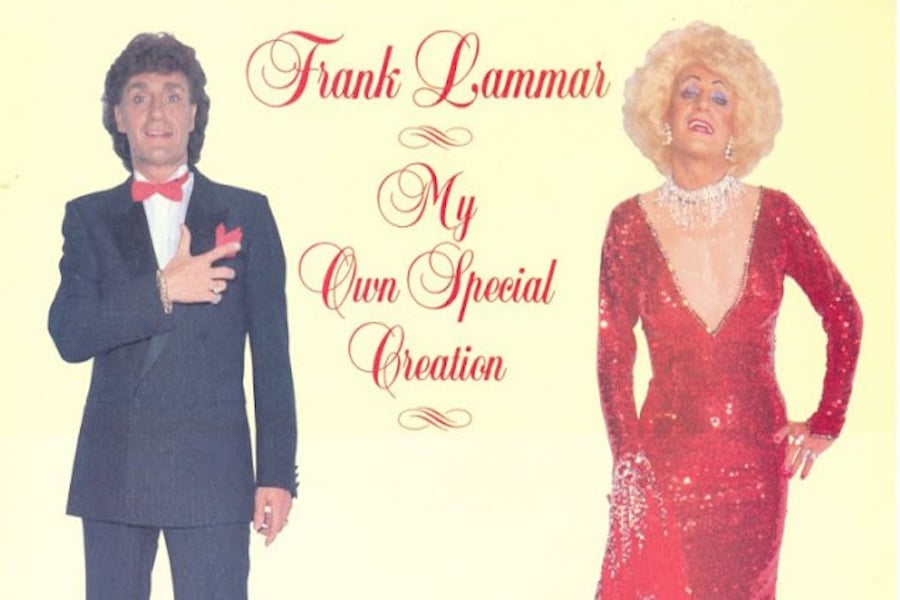
Frank Pearson’s journey from a humble background in Ancoats to the glittering stages of show business is the stuff of legend.
Born into a working-class family, Pearson’s path seemed destined for a different trajectory until he discovered drag at the age of 20.
Francis Joseph Pearson was born to a working-class family on 22 March 1937.
He was one of five brothers, and his father was a rag-and-bone merchant.
Francis, known as Frank, left school at 15 without any qualifications and worked as a delivery boy for bread vans.
This was followed by a stint at a cotton mill, and then Butterworths, a waste paper reclamation firm.
In his teens, he was a boxer, and lived on the same street as future Coronation Street actor Bill Tarmey.
Foo Foo Lammar
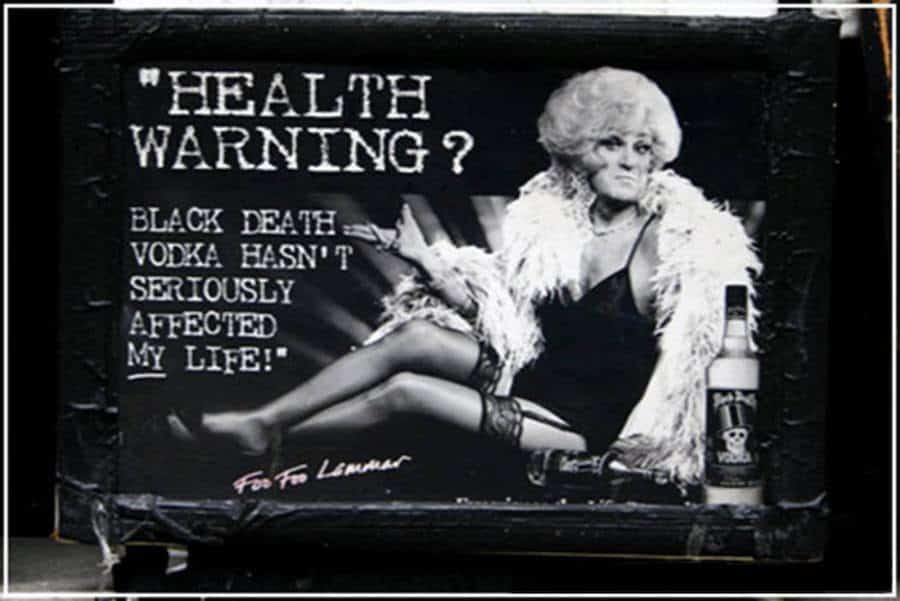
With a flair for performance, he crafted the persona of Foo Foo Lammar, a name that would become synonymous with Manchester’s entertainment scene.
Foo Foo’s stage presence was electrifying, with blonde bouffant wigs, extravagant sequinned gowns, and a wit as sharp as his heels.
He once quipped, “I don’t see myself as a drag queen, I’m more of a comic in a frock,” encapsulating the essence of his unique style.
His performances captivated audiences, drawing both laughter and applause from tough northern crowds.
Foo Foo’s other clubs
In the early 1970s, Pearson ventured into club ownership with the acquisition of the Picador in Shudehill, situated in the heart of Manchester’s bustling city centre.
Following this success, he took the reins of another venue, Celebrity, located on Dale Street. With a vision in mind, Pearson transformed the space into what would soon become known as Foo Foo’s Palace. This establishment quickly cemented its place in the city’s nightlife scene, drawing in crowds from near and far.
Behind the bar, Pearson, adorned in full drag, served patrons with flair before taking to the stage for two captivating performances as the night’s cabaret entertainment. Between acts, supporting performers kept the energy high, leading up to Pearson’s grand finale where he would reappear as himself, sans the drag.
The allure of Foo Foo’s Palace was undeniable, attracting people from across the country eager to witness Pearson’s electrifying performances. It also became a hotspot for Manchester United footballers and prominent figures from the world of showbiz.
Pearson’s entrepreneurial spirit didn’t stop there. He expanded his ventures to include Monroe’s and The Ranch, a punk club situated adjacent to Foo Foo’s Palace. Among his portfolio was Napoleon’s, believed to be Manchester’s oldest gay bar.
As the 1990s rolled in, Pearson’s influence extended to the burgeoning Canal Street area, the city’s gay village.
Here, he introduced Cruz 101, further enriching Manchester’s vibrant LGBTQ+ scene. In 1994, Pearson unveiled Metz on Brazil Street, offering yet another venue for revellers to enjoy.
His entrepreneurial endeavours weren’t confined to Manchester alone, as evidenced by the opening of a Metz branch in Liverpool in 1996.
Foo Foo’s charity work
Beyond the spotlight, Pearson was a pillar of the community, known for his tireless charity work.
He raised hundreds of thousands of pounds for causes close to his heart, including the Royal Manchester Children’s Hospital and The Christie. His generosity knew no bounds, and his contributions left a huge mark on Manchester.
Manchester United players rubbed shoulders with showbiz personalities, while hen and stag parties filled the dance floor with joyous celebration.
The club’s iconic frontage on Dale Street served as a backdrop to countless memories.
As the years passed, Foo Foos Palace remained a beloved fixture of Manchester’s nightlife.
Even after its closure in 2002, its spirit lived on in the hearts of those who had danced beneath its glittering lights.
Frank Pearson’s Legacy
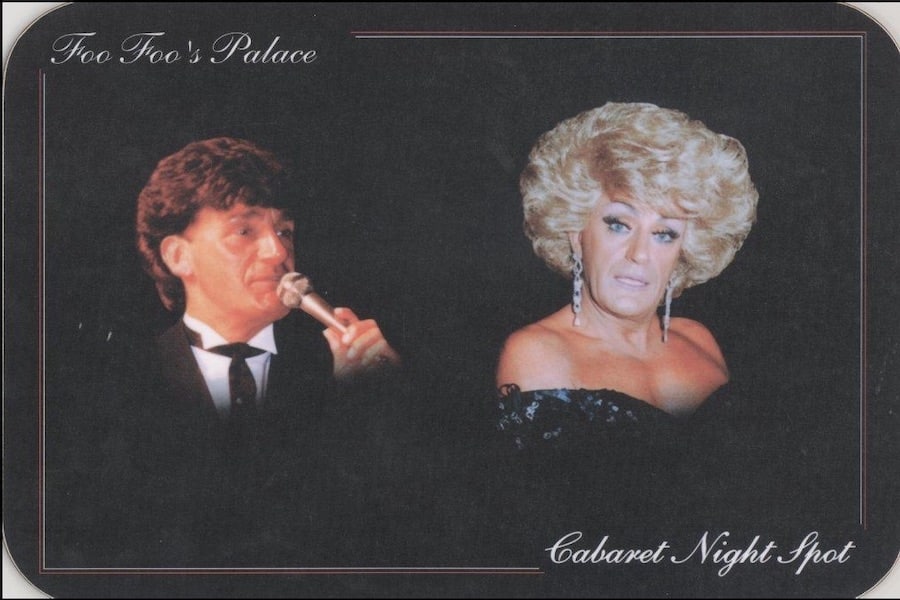
Pearson’s flamboyant presence extended beyond the stage, earning him a reputation as a familiar sight in Manchester, adorned in shimmering suits and extravagant jewellery.
His collection of Rolls-Royce cars, each bearing the distinctive license plate FOO 1, further underscored his larger-than-life persona.
Despite his success, Pearson remained grounded, finding joy in simple pleasures like taking his beloved mother Leah shopping and sharing tea in the bungalow he lovingly provided for her in Moston.
A passionate supporter of Manchester United, Pearson’s love for the club extended to his participation in the film Manchester United: Beyond the Promised Land in 2000. Additionally, he shared cherished memories of fellow Mancunian Les Dawson in an episode of ITV’s The Unforgettable documentary series.
Throughout the 1990s, Pearson called Shuttleworth near Bury his home before eventually settling in Piccadilly Village, an apartment complex in Ancoats. In 2002, he immortalised his life story in his autobiography, I Am What I Am, featuring an introduction by none other than Sir Alex Ferguson, the then-manager of Manchester United.
Tragically, Pearson’s battle with cancer came to an end on November 7, 2003, at the Christie Hospital in Manchester. His passing marked the end of an era, as hundreds lined the streets to bid farewell to a beloved figure.
The solemn ceremony, held at Corpus Christi Priory in Miles Platting, saw heartfelt readings from Sir Alex Ferguson, actress Sue Johnston, and former England captain Bryan Robson.
Among the mourners were notable personalities including television presenter Jeremy Beadle, former Greater Manchester Police Deputy Chief Constable John Stalker, and several Coronation Street actors, past and present, paying their respects to a man who had a huge impact on the city.
- This article was last updated 11 months ago.
- It was first published on 17 May 2024 and is subject to be updated from time to time. Please refresh or return to see the latest version.
Did we miss something? Let us know: press@ilovemanchester.com
Want to be the first to receive all the latest news stories, what’s on and events from the heart of Manchester? Sign up here.
Manchester is a successful city, but many people suffer. I Love Manchester helps raise awareness and funds to help improve the lives and prospects of people across Greater Manchester – and we can’t do it without your help. So please support us with what you can so we can continue to spread the love. Thank you in advance!
An email you’ll love. Subscribe to our newsletter to get the latest news stories delivered direct to your inbox.
Got a story worth sharing?
What’s the story? We are all ears when it comes to positive news and inspiring stories. You can send story ideas to press@ilovemanchester.com
While we can’t guarantee to publish everything, we will always consider any enquiry or idea that promotes:
- Independent new openings
- Human interest
- Not-for-profit organisations
- Community Interest Companies (CiCs) and projects
- Charities and charitable initiatives
- Affordability and offers saving people over 20%
For anything else, don’t hesitate to get in touch with us about advertorials (from £350+VAT) and advertising opportunities: advertise@ilovemanchester.com
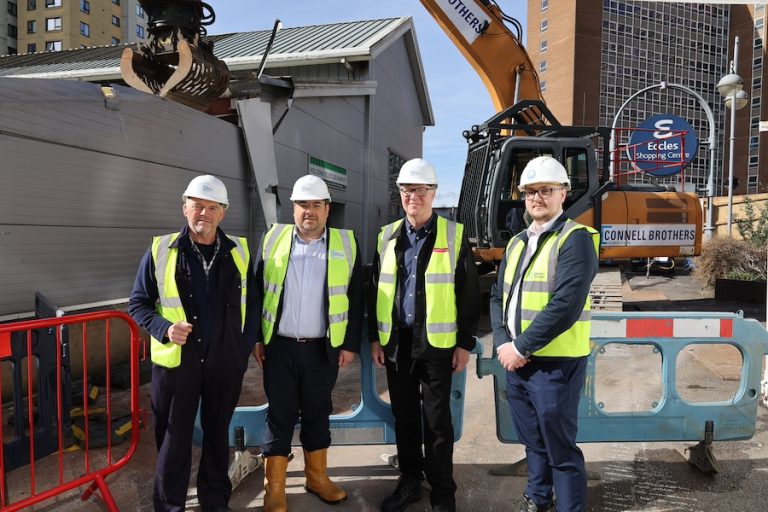
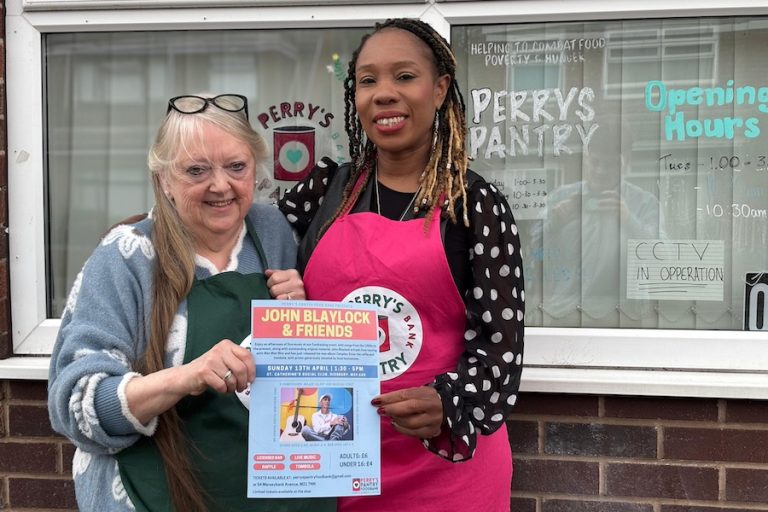
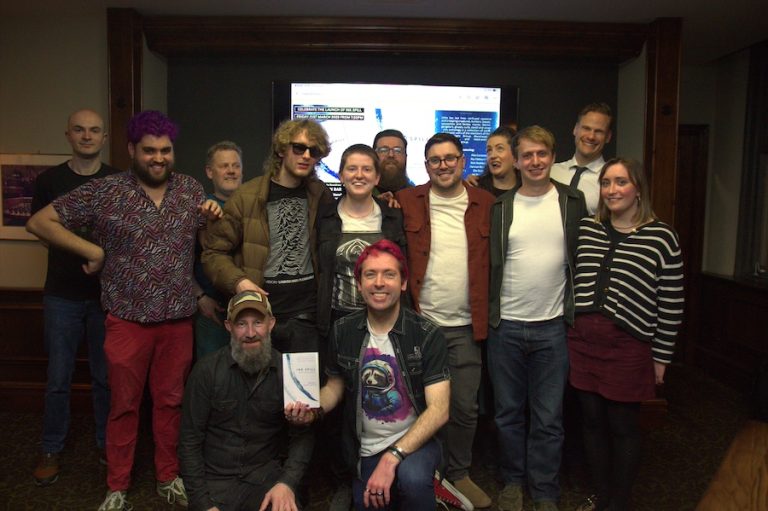
The eclectic group that’s been helping writers cut their teeth for 50 years

“His presence will be deeply missed” Children’s hospice bids farewell to their visionary CEO

Has Gordon Ramsay created Manchester’s ultimate bottomless brunch?







